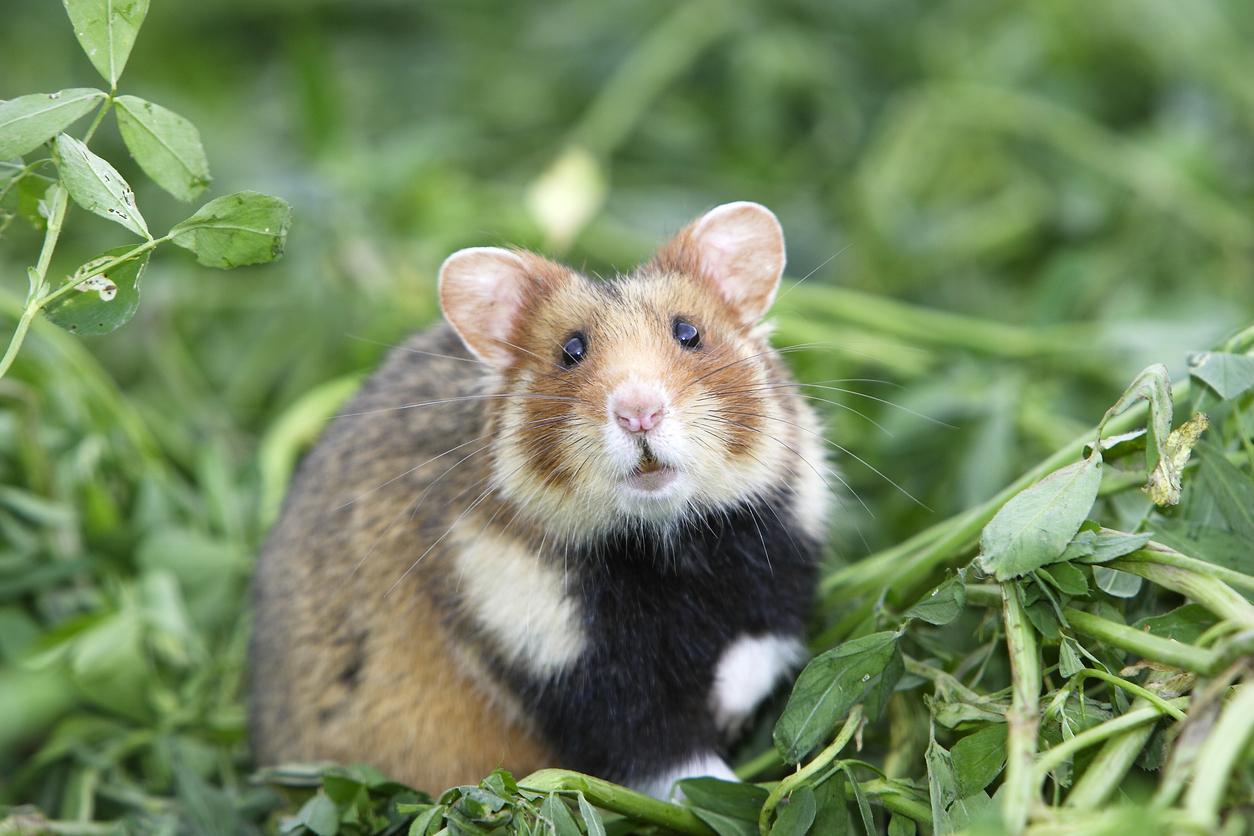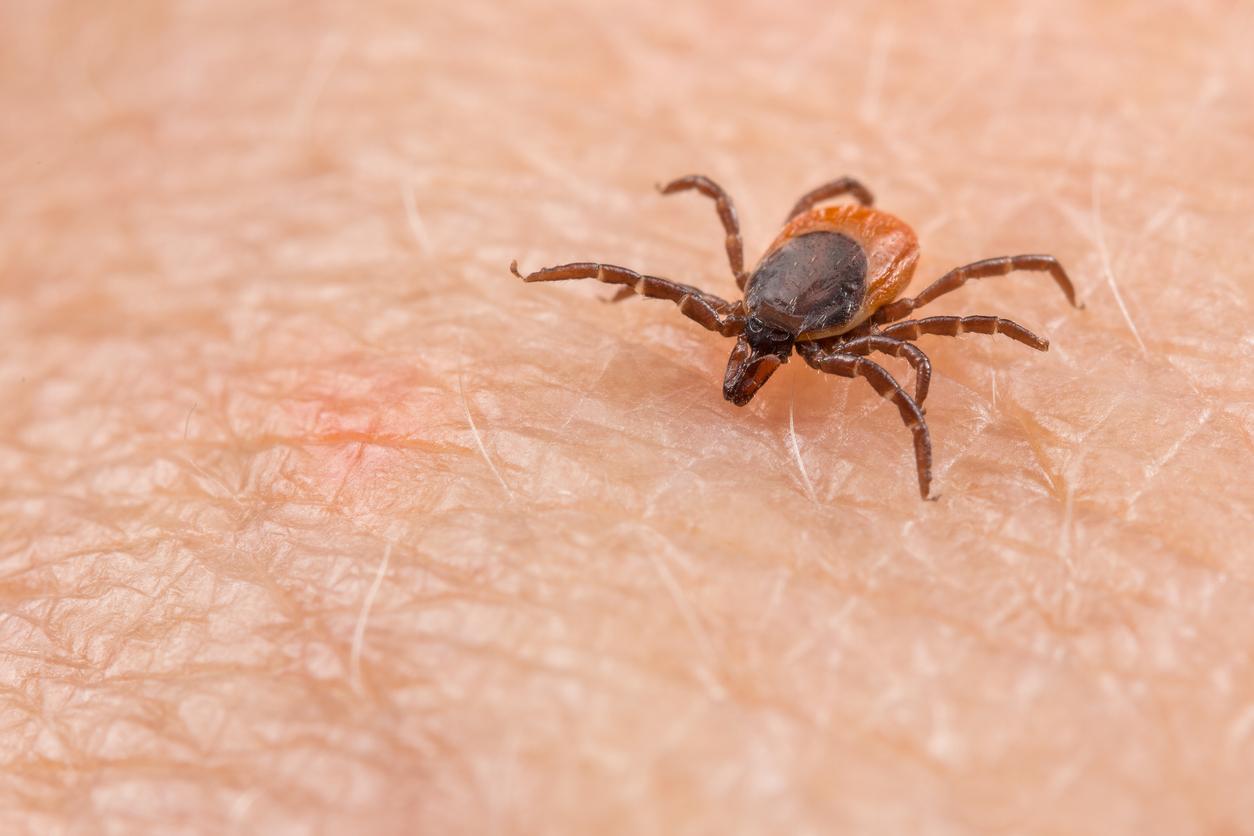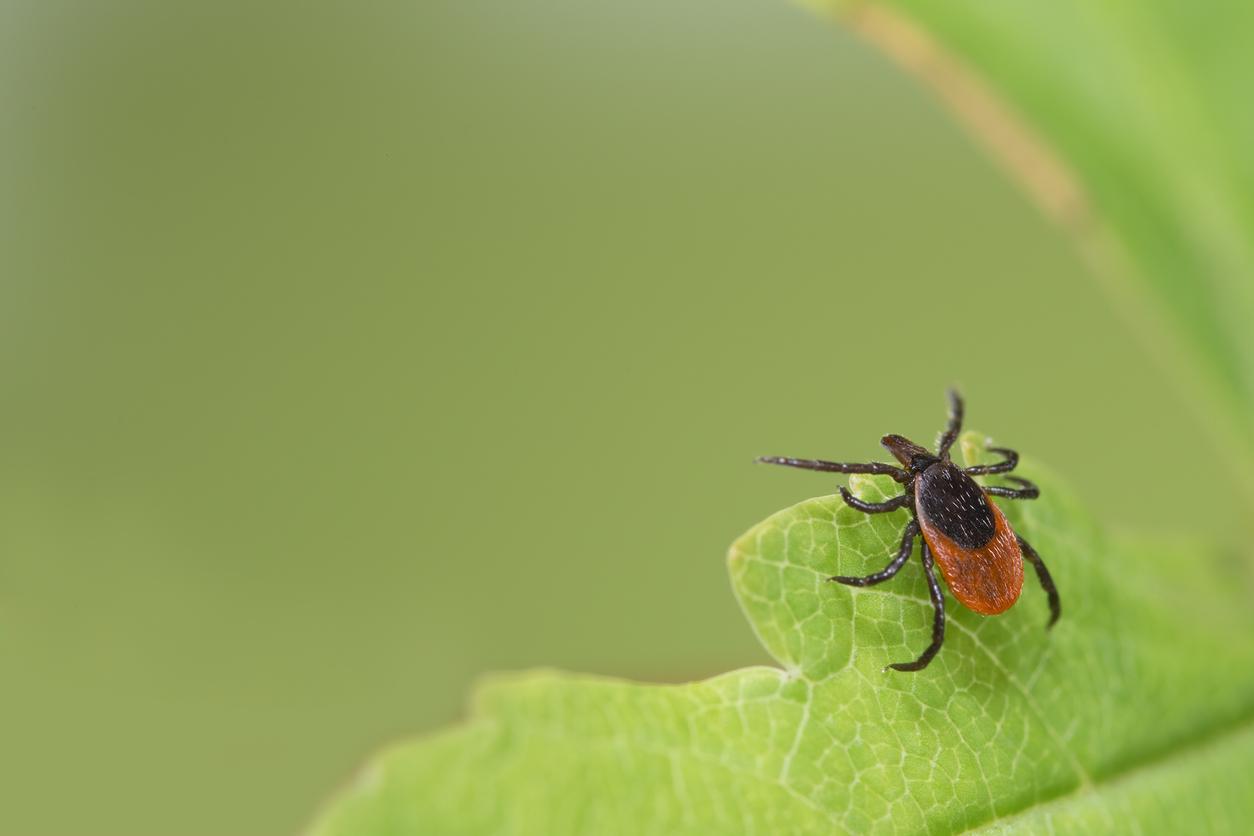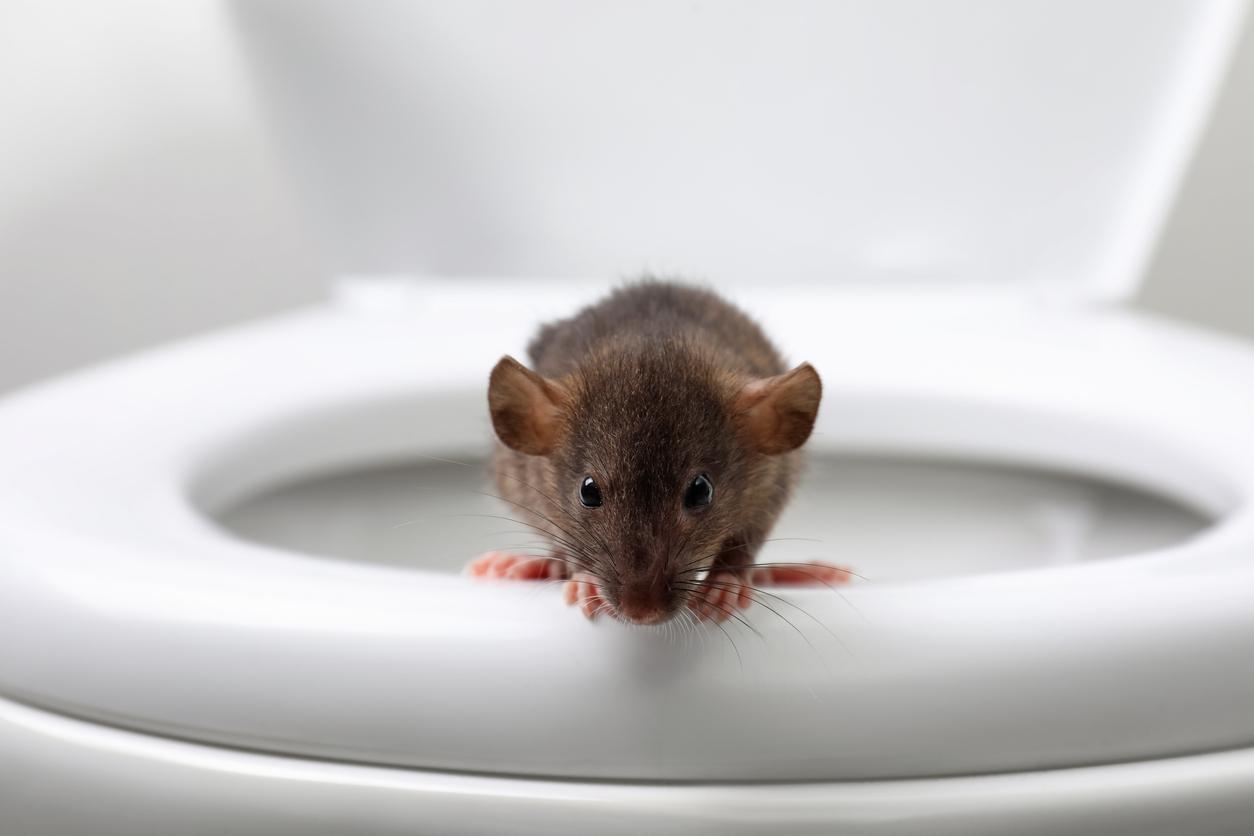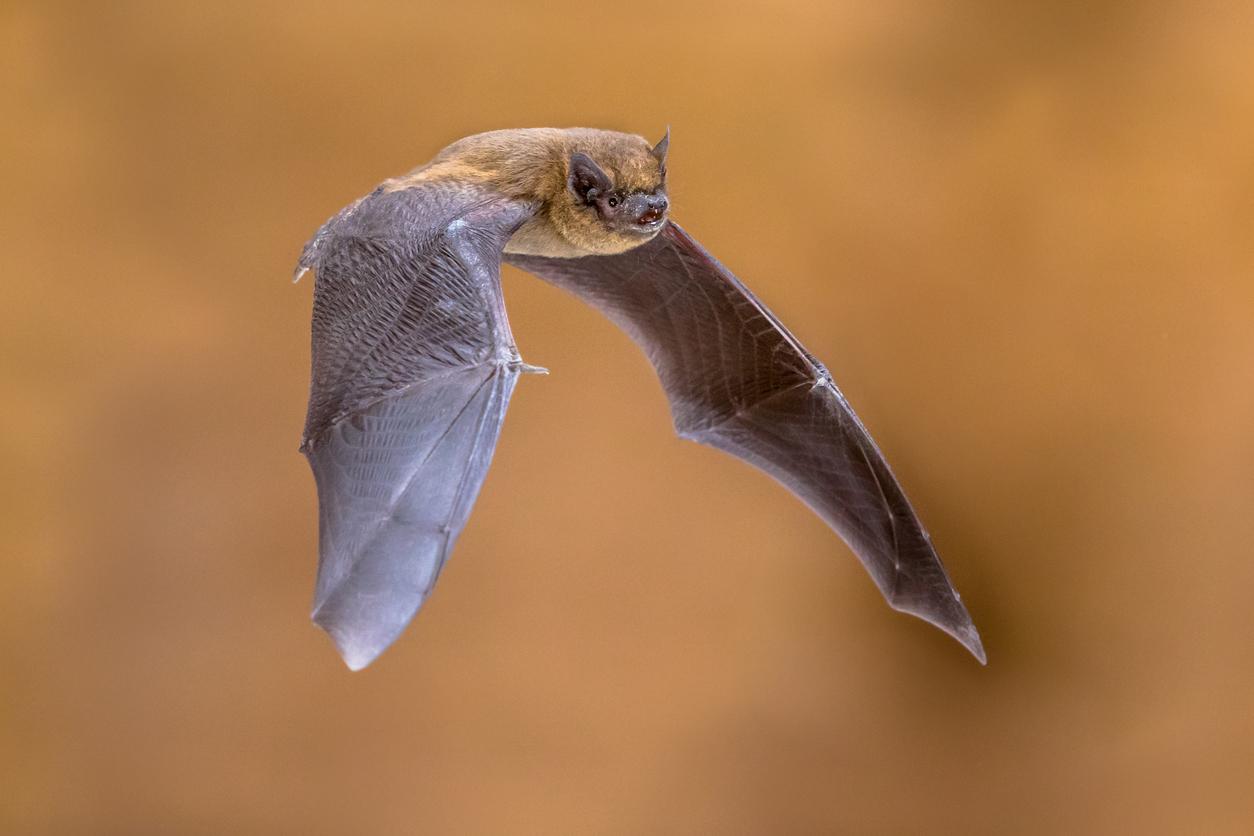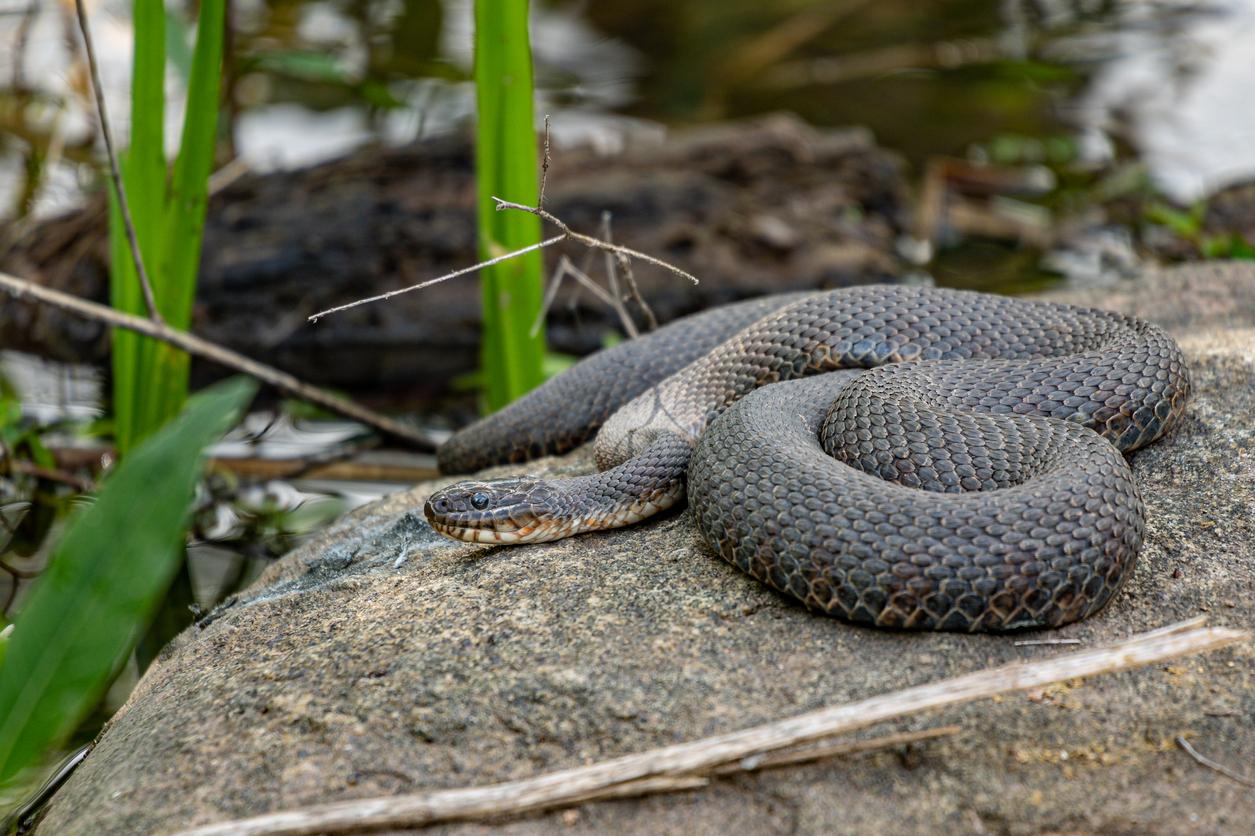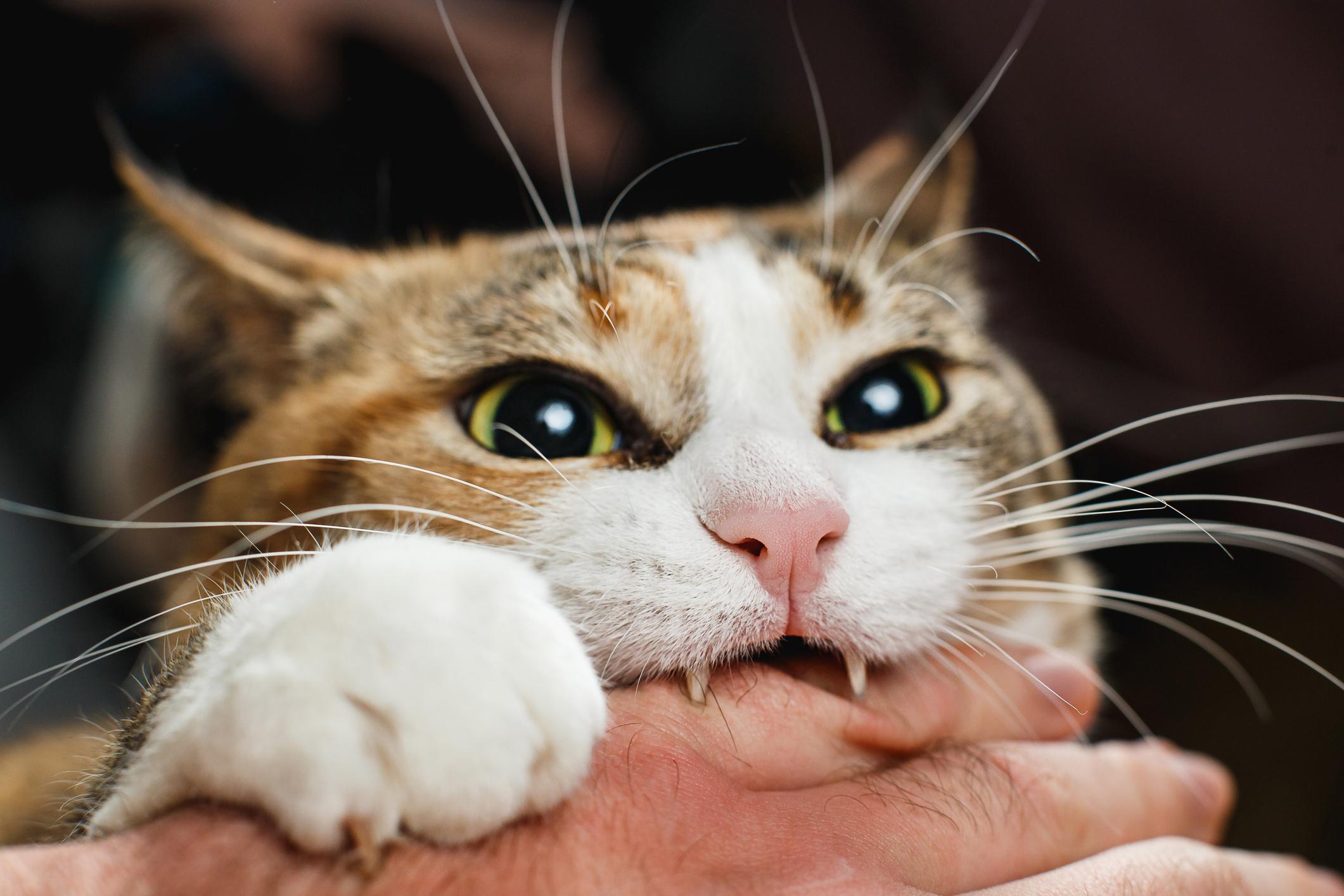Light pollution would be a boon for mosquitoes, but not for us humans. A recent study published in the journal insects suggests that the time of hibernation of mosquitoes would be modified by the luminosity of the cities… and that we would be more victims.
The study took place in Ohio: the researchers wanted to understand why the transmission of west nile virus (by the mosquito bites) was so high in late summer and early fall. As a reminder, this virus is mainly transmitted by mosquitoes after they have fed on the blood of infected birds. As the WHO points out,it can cause a fatal neurological disease in humans. Nevertheless, about 80% of those infected remain asymptomatic.”
While conducting their research, the scientists realized that the circadian rhythm of mosquitoes Culex pipiensWho normally go through their “winter diapause” when temperatures drop and days get shorterwas disturbed.
The females remain active
Rather than going into hibernation, the females continue to reproduce and be active (and they are the ones that bite). This is in particular due to the strong light in cities, which sends a “bad” signal to mosquitoes. In addition, this time of year (late summer, early fall) corresponds to the time when mosquitoes would be most likely to carry this West Nile virus, and therefore to transmit it, note the researchers. .
Moreover, by modifying their circadian rhythm, mosquitoes of this race no longer function in quite the same way. They are no longer able to store as much glycogen as usual. However, to be able to survive their winter break, the females need this stock. The researchers point out that this modification could lead to more deaths in these insects.
Sources:
- Light Pollution Disrupts Seasonal Differences in the Daily Activity and Metabolic Profiles of the Northern House Mosquito, Culex pipiens, insectsJanuary 2023
- Light pollution may extend mosquitoes’ biting season, NewsWiseApril 10, 2023
- West Nile virusWHO










